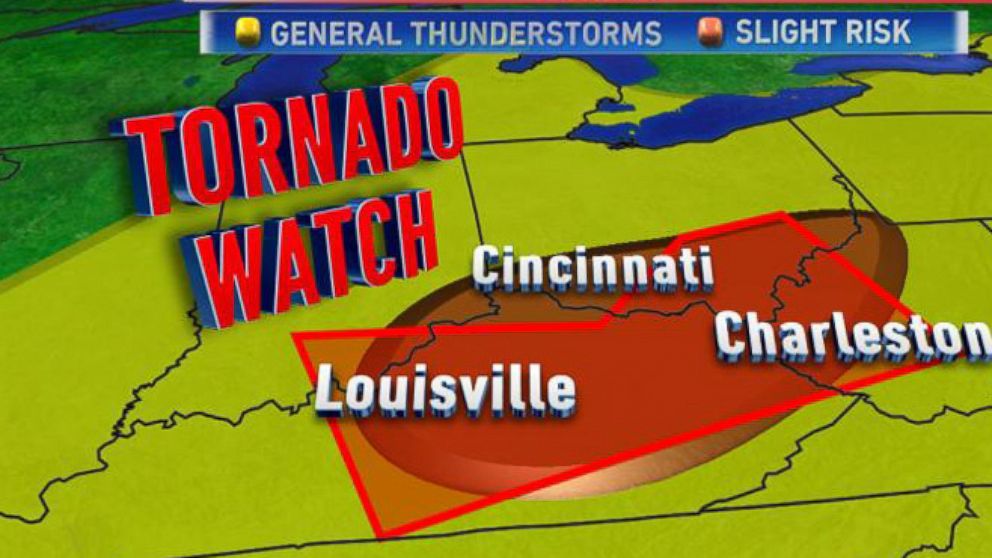School Closures & Winter Weather Advisories: A Parent's Guide

Table of Contents
Understanding Winter Weather Advisories and Warnings
Navigating winter weather alerts requires understanding the terminology. Meteorological agencies use different alert levels to communicate the severity of impending weather conditions. Knowing the difference between an advisory, a watch, and a warning is crucial for preparedness.
- Advisory: An advisory indicates that hazardous weather is possible. It's a heads-up to be aware of potential conditions and monitor forecasts closely. Think of it as a yellow light – proceed with caution.
- Watch: A watch means conditions are favorable for hazardous weather to develop. This is the time to prepare. It's like a yellow-orange light – prepare for potential action.
- Warning: A warning signifies that hazardous weather is happening now or is imminent. Immediate action is required to protect life and property. This is a red light – take action now!
Severe weather events are categorized into specific warnings, such as blizzard warnings (heavy snow and strong winds), winter storm warnings (significant snowfall, sleet, or freezing rain), and ice storm warnings (significant freezing rain accumulation). For accurate and up-to-date information, consult reliable sources like the National Weather Service () and your local news websites.
How School Districts Announce Closures
School districts utilize various methods to communicate school closures due to inclement weather. Knowing these methods and actively utilizing them is key to staying informed.
- School Websites: Most school districts post closure announcements on their official websites. Bookmark your school's website and check it regularly during winter weather events.
- Mobile Apps: Many districts use mobile apps to send push notifications about closures and delays. Download and register for your school's app.
- Email Alerts: Sign up for email alerts from your school district to receive timely notifications.
- Local News Channels: Local television and radio stations often announce school closures.
- Social Media: While not always the most reliable source, check your school district's official social media pages for updates.
Remember that communication delays can occur. If you haven't received an official announcement by your usual wake-up time, contact the school directly or check multiple sources.
Planning for School Closures Due to Winter Weather
Preparation is key to minimizing stress during school closures. Planning ahead can make a significant difference.
- Stock Up on Food: Ensure you have enough non-perishable food items on hand for a few days.
- Backup Childcare: If both parents work, arrange for backup childcare in advance. Consider friends, family, or a trusted neighbor.
- Snow Day Emergency Kit: Create a "snow day" box for your children, filled with engaging activities like books, games, art supplies, and quiet activities.
- Heating: Ensure your home's heating system is functioning properly and you have sufficient fuel (wood, gas, etc.).
Safety During Winter Weather and School Closures
Safety is paramount during winter storms and school closures. Prioritize safety for yourself and your family.
- Avoid Unnecessary Travel: If a winter storm warning is in effect, avoid driving unless absolutely necessary. Icy roads are extremely dangerous.
- Dress Warmly: If you must go outside, dress in layers to stay warm and protect yourself from the elements.
- Stay Indoors: Remain indoors as much as possible during severe winter weather.
- Power Outages: If a power outage occurs, have a backup plan for heating and lighting. Consider a generator or alternative heating source (if safely applicable). Always check on elderly neighbors or those who may need assistance.
Staying Informed About School Closures & Winter Weather Advisories
Staying informed is critical during winter weather events. By proactively utilizing multiple communication channels and preparing in advance, you can minimize disruption and ensure your family’s safety and well-being. Remember to check your school district's website and communication channels regularly for updates on school closures and winter weather advisories. Stay prepared this winter season by bookmarking this guide on School Closures & Winter Weather Advisories and sharing it with fellow parents!

Featured Posts
-
 Madrid Open Sabalenka Triumphs Over Mertens In Top Ranked Clash
May 20, 2025
Madrid Open Sabalenka Triumphs Over Mertens In Top Ranked Clash
May 20, 2025 -
 Benjamin Kaellman Kehitys Huuhkajissa Ja Sen Ulkopuolella
May 20, 2025
Benjamin Kaellman Kehitys Huuhkajissa Ja Sen Ulkopuolella
May 20, 2025 -
 Staying Safe During Fast Moving Storms With High Winds A Watch Guide
May 20, 2025
Staying Safe During Fast Moving Storms With High Winds A Watch Guide
May 20, 2025 -
 Aryna Sabalenkas Dominant Victory Propels Her To Madrid Open Last 16
May 20, 2025
Aryna Sabalenkas Dominant Victory Propels Her To Madrid Open Last 16
May 20, 2025 -
 Fenerbahce Nin Yildizi Ajax In Yeni Oyuncusu
May 20, 2025
Fenerbahce Nin Yildizi Ajax In Yeni Oyuncusu
May 20, 2025
